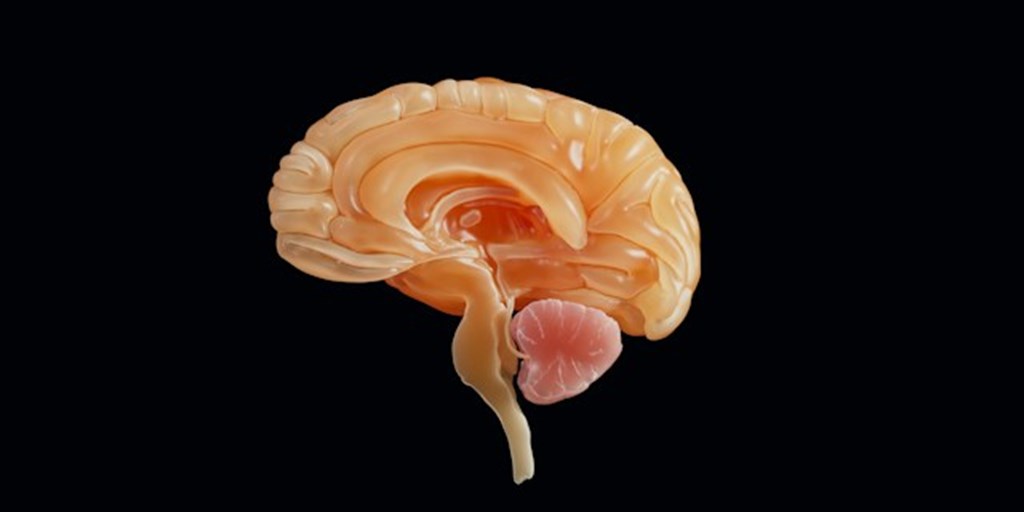Identifying and Proving Traumatic Brain Injuries in Personal Injury Cases

Traumatic brain injuries (TBIs) pose intricate challenges for personal injury claims. From understanding the diverse range of symptoms to navigating the legal requirements for proving TBI in personal injury claims, the complexities associated with these severe injuries can be difficult to navigate.
With the help of a skilled legal team, however, filing a traumatic brain injury claim doesn’t have to be as stressful as it seems. To grasp the intricacies of these claims, let’s take a look at the factors that impact proceedings.
Signs and Symptoms of TBI
One of the most important factors to support your claim is the symptoms of the injury. For TBI, signs include:
- Physical Symptoms: Traumatic brain injuries can manifest through a variety of physical symptoms, including headaches, dizziness, nausea, and sensitivity to light or sound. Recognizing these signs early on is crucial for prompt medical intervention.
- Cognitive Impairments: TBI may result in cognitive impairments such as memory loss, difficulty concentrating, and changes in reasoning abilities. Identifying these cognitive challenges requires a thorough assessment by medical professionals.
- Emotional and Behavioral Changes: TBIs can also lead to emotional and behavioral changes, including mood swings, irritability, anxiety, or even depression. Recognizing these changes is essential for both medical diagnosis and legal documentation.
Medical Documentation and Diagnosis
In addition to symptoms, your medical records are an important piece of evidence to prove your TBI. To strengthen your claim, it’s important to
- Get Medical Attention Right Away: Seeking immediate medical attention after a potential traumatic brain injury is critical. The sooner the injury is diagnosed, the more effective the treatment and recovery processes can be.
- Have a Medical Evaluation: Medical professionals often employ a battery of tests, including imaging studies and neurological examinations, to assess the extent of a traumatic brain injury. A comprehensive evaluation is essential for accurate diagnosis and prognosis.
Legal Considerations for Proving Traumatic Brain Injuries
The legal considerations for proving TBI involve proving that the injury was a result of someone else’s negligence. To establish this, your team may focus on:
- Establishing Causation: Proving that the traumatic brain injury is a direct result of the incident in question is central to personal injury claims. Medical documentation and expert testimony play pivotal roles in establishing this causation.
- Quantifying Damages: Traumatic brain injuries can result in long-term or permanent damages, impacting the victim's quality of life and ability to work. Quantifying these damages, including medical expenses, lost wages, and future care costs, requires a thorough understanding of the injury's impact.
- Working with Medical Experts: In personal injury cases involving traumatic brain injuries, collaborating with medical experts is crucial. Their testimonies can provide valuable insights into the severity of the injury, its long-term consequences, and the necessary ongoing care.
Contact a California Personal Injury Attorney Today
Identifying and proving traumatic brain injuries in personal injury cases within California requires a multifaceted approach. From recognizing the diverse array of symptoms to collaborating with medical experts and establishing a clear link between the injury and the incident, every step in the process is integral. With Harris Personal Injury Lawyers’ experienced legal team on your side, you can rest assured that your case will be fought thoroughly. Contact us today for comprehensive legal representation. Call 1-800-GO-HARRIS or fill out our contact form here.
< Back to all news

